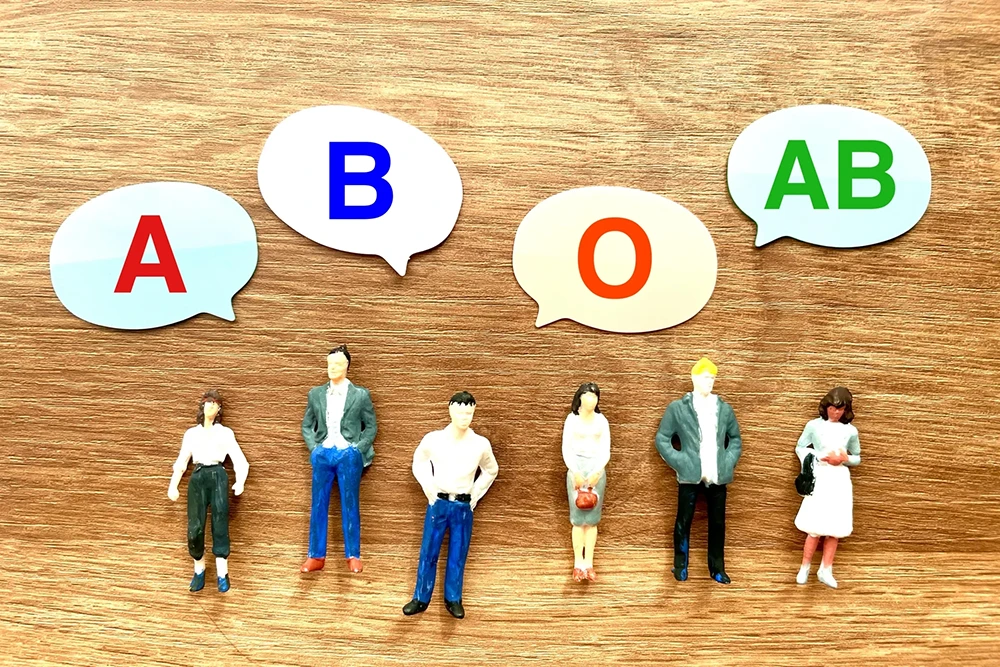
TCJ Blog
- Private Lesson
- Japanese for Expats
- International Student Visa Program
- Job Hunting in Japan
- Japanese Language School
- Email Phrases
- Business Japanese
- Keigo
- Japanese For Executives
- Japanese Manners
- Learn Japanese
- Japan Trivia
- Basic Japanese
- Japanese Culture
- Japanese Beginner
- Japanese Advanced
- Japanese Greetings
- Japanese Phrases
- Online Lesson
- Business & Daily Life Japanese Program
- Interview
- Japanese tips
- Kanji
- Want to Learn Japanese

Why Are Japanese People So Interested in Blood Types? The Facts Behind Blood Type Personality Tests and Fortune Telling
In Japan, blood types are commonly brought up in conversations. A lot of people tend to categorize characteristics based on blood types, such as “A person with blood type A tends to be like…”. Today, we will explore why this belief is so popular. Read on to find out the reason!

3 Must-Watch Anime for Learning Japanese
Do you enjoy anime? While studying with textbooks is an effective and essential method for learning Japanese, when you start to feel tired, watching anime can offer a pleasant and enjoyable way to continue your studies. Today, we’ll explore three anime that are perfect for learning Japanese. Improve your Japanese skills while enjoying these must-watch shows!

Let’s enjoy conversation in Japanese. Phrases you can use at hotels.
In this article, we will introduce 1) how to say to apply for accommodation at the front desk when staying at a hotel in Japan, and 2) useful sentence forms that can be used in various situations if you know them.

Effective Listening Strategies for Japanese Learners
For many learners, listening is one of the most difficult parts of learning Japanese. Even if you’ve mastered reading, it can still be challenging to keep up with the natural speed of native speakers in daily conversations. Whether you plan to live or work in Japan, strong listening skills are essential. Even those studying Japanese as a hobby often wish they could enjoy anime or TV shows without subtitles. Today, we’ll explain some effective methods for improving your Japanese listening skills in a clear and easy way.

Sports Day, School Festival, and Choir Festival: A Cultural Insight into Japanese School Events
Are you familiar with Japanese school events? Some of you may have encountered them through anime or manga. For most Japanese people, including myself, events such as Sports Day (undōkai) and School Festivals (bunkasai) are a natural part of school life. However, many of these events are quite unique to Japan and may not be found in schools elsewhere. In fact, they often surprise those unfamiliar with Japanese culture. In this article, we will take a closer look at some of the most distinctive school events in Japan.

